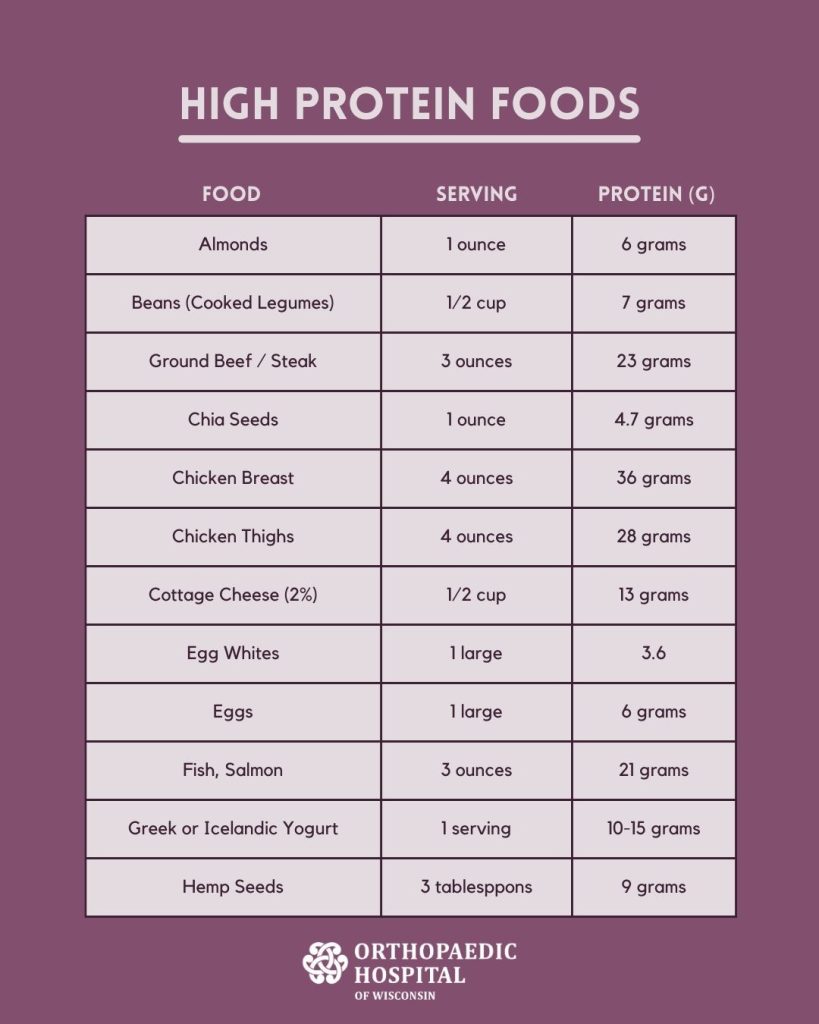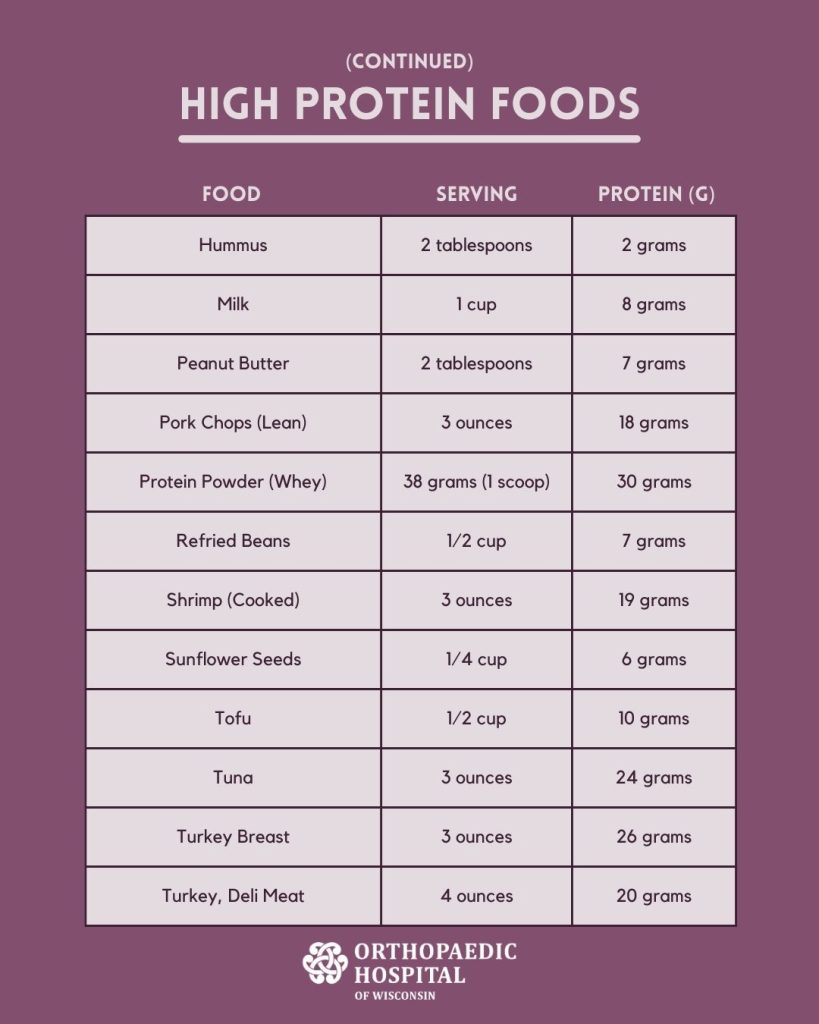Pre and Post Operative Nutrition: Eating Toward a Successful Outcome
 If you’ve chosen to embark on the journey of orthopedic surgery, you may feel a mix of emotions. First, excitement for the relief of pain or improved mobility. Next, you may question the process and the aftermath. While the focus naturally tends to center on the surgical process itself and the post-operative care, the significance of proper nutrition before and after surgery should not be overlooked.
If you’ve chosen to embark on the journey of orthopedic surgery, you may feel a mix of emotions. First, excitement for the relief of pain or improved mobility. Next, you may question the process and the aftermath. While the focus naturally tends to center on the surgical process itself and the post-operative care, the significance of proper nutrition before and after surgery should not be overlooked.
Nutrition may be neglected if patients do not receive proper education on what to do before and after surgery. At Orthopaedic Hospital of Wisconsin, it is our job to ensure that every patient who receives surgery is educated on nutrition in the pre- and post-operative phase of surgery and understands its impact on surgical outcomes, recovery, and overall well-being.
In the blog post below, OHOW physical therapist Michael Branda, PT, DPT, goes over the importance of proper nutrition in the surgical process and tips for eating for a successful surgical outcome.
Importance of Proper Nutrition
Surgery is a traumatic experience for the body. It causes significant inflammation as a part of a normal healing process. Whether it be a Total Hip, Total Knee, or Spinal Fusion, post-operative patients will need a sufficient balance of sleep and exercise in tandem with a well-balanced diet as a part of recovery.
The importance of proper nutrition in surgery is well-researched. A study by Johnson et al., 2021, looked at the correlation between pre-operative malnutrition and a patient’s success rate after surgery.
 The study found that patients who were malnourished were:
The study found that patients who were malnourished were:
- 3.8 times more likely to get an infection
- 2.3 times higher odds of readmission
- 3.7 times higher odds of complications
- 7.2 times higher odds of mortality
In a procedure performed about 790,000 times in the US in 2023, these odds are significant to many patients and doctors. To better prepare for surgery and give yourself the best chance of a successful outcome, it’s important to explore the specific nutrients that are crucial to optimize your body’s resilience.
Importance of Protein
In the study mentioned above, researchers classified “malnourished” as having low levels of albumin. Albumin is a protein in our blood plasma that helps indicate liver and kidney function. Lower levels of albumin in a malnourished patient can indicate that the patient is not eating enough protein in their diet. The National Academy of Medicine recommends a protein intake of about 0.8 – 1.2g per kilogram. That would mean a 150-pound (weighing 68kg) person would require between 54 – 82g per day.
While it may seem daunting to try and fit that amount into your diet, we have prepared easy-to-read charts that can help guide you to high-protein foods. Use this as a guide to help you prioritize protein-rich foods.


Protein intake is paramount to supporting tissue repair, preserving muscle mass, meeting increased energy demands, and more. Incorporating more protein into our diet before and after surgery can lead to a smoother recovery with fewer complications. Patients preparing for orthopedic surgery should talk to their medical team about their protein intake to ensure a higher-protein diet is right for them.


If you are suffering from pain or lack of mobility due to an orthopedic injury or condition, the team at OHOW is here to help. Make your appointment today to begin your healing journey. Go online to https://www.ohow.com/request-an-appointment/ or call (414) 961-6800.

